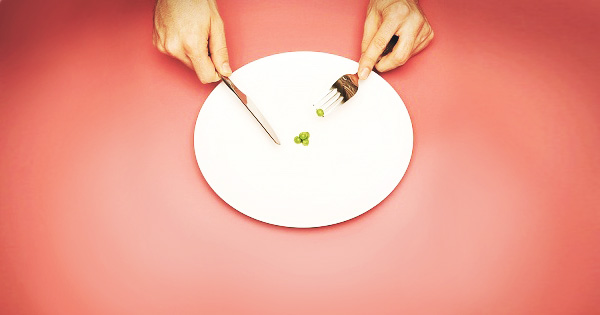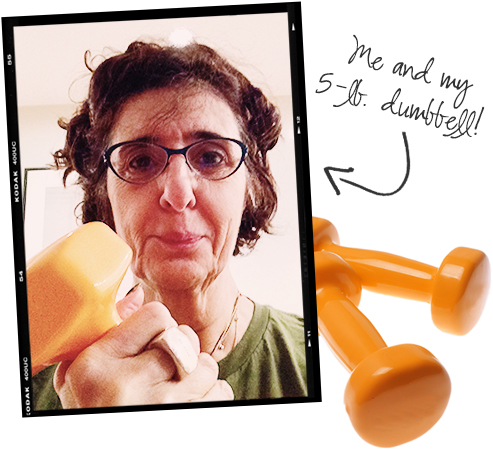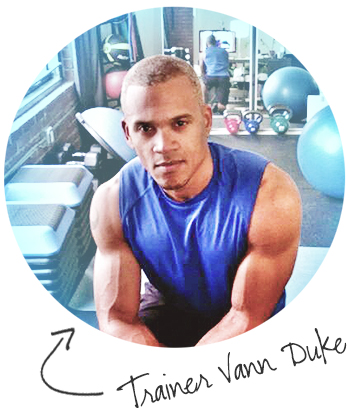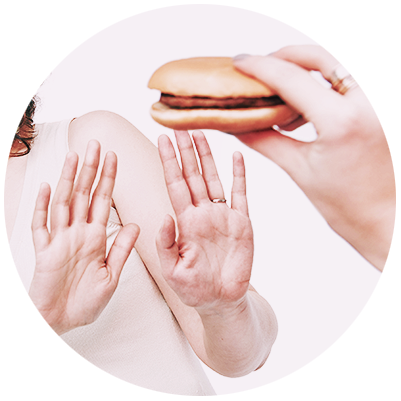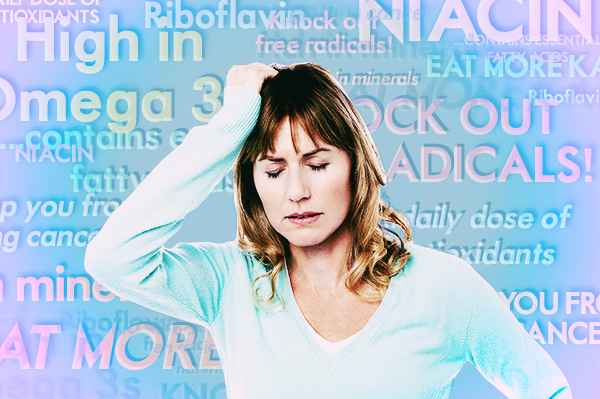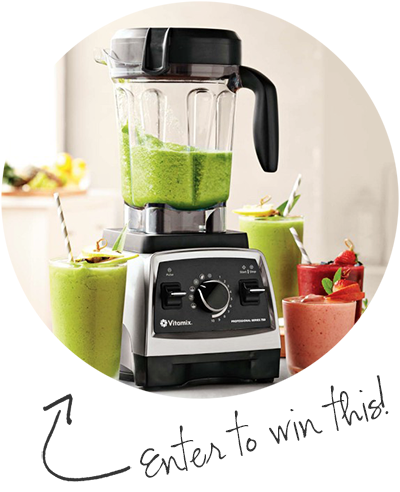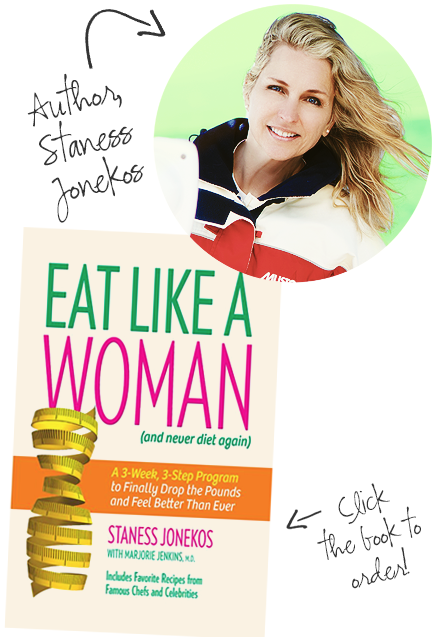6 Reasons To NEVER Drink Another Diet Soda
Is this the one vice
every FOF needs to give up… now?
When Dr. Vincent Pedre, MD, one of New York City’s most sought after internists, meets a new patient, he always asks her: “How much soda do you drink? How much diet soda do you drink?”
“I don’t wait for her to volunteer the information,” says Pedre. “Soda consumption is an important part of the overall health history.” The fact is, millions of us drink diet soda because we’re (a) trying to lose weight; (b) like it more than water; and (c) compared to soda, it’s the lesser of two evils… right? Wrong, says Dr. Pedre, who insists that diet soda is just as bad if not worse for your body… and for your waistline. Here, he offers seven reasons to stop drinking it right now.
1. It actually makes you fatter.
Scientists at the University of Texas Health Science Center San Antonio followed 474 people for 10 years and found that the more diet soda the subjects drank, the fatter they got. Diet soft drink users experienced 70 percent greater increases in waist circumference compared with non-users. Those who drank two or more diet sodas a day saw their waists grow 500% bigger than non-users, even when controlling for things like age and exercise. Wait… what? How could America’s favorite diet drink be making us fat? “We still don’t know for sure, why,” says Dr. Pedre. “One theory is that when you eat something sweet, it triggers insulin and the cascade of hormones that make you feel full. Diet soda triggers the sweet receptors on your tongue, but not the insulin, so you never feel full. It actually causes you to crave—and probably eat—more high-carb, processed foods.”
2. It increases risk of stroke, heart attack and cardiovascular disease.
A recent study of 2,564 adults over 40 living in Manhattan (published in the Journal of General Internal Medicine) concluded that daily consumption of diet soda was independently associated with an increased risk for stroke, heart attack and death. Shockingly, consumption of regular soda was not associated with an increased risk. “Again, this doesn’t tell us why,” says Dr. Pedre, “but we know that people who drink diet soda seem to gain weight and have a greater chance of developing metabolic syndrome,” an increasingly common syndrome associated with abdominal weight gain, high blood pressure, high blood sugar, insulin resistance, an increased risk for heart disease and diabetes.
3. It gives you a super-powered sweet tooth.
“The level of sweetness in these diet drinks—the strength with which they stimulate your sweet receptors—is so strong, that you can lose the ability to taste the natural sweetness in foods like fruits and vegetables,” says Dr. Pedre. “You end up wanting to eat things that are going to stimulate those receptors, such as processed foods and other sweets. When you put someone on a detox, and take these things out of their diet for a while, their taste receptors come back. Suddenly they’re able to eat a blueberry, which maybe tasted bland before, and appreciate how delicious it is.”
4. It leaches calcium from your bones.
Diets high in phosphoric acid are associated with lower bone density, hip fractures and osteoporosis. Guess what contains phosphorous? That’s right, cola. Phosphoric acid gives your diet Coke that tangy, acidic taste that’s so fun to drink, plus it prevents mold and bacteria from forming in the can. Yum? “The addition of caffeine also causes reduced calcium absorption,” points out Dr. Pedre. “If you’re drinking a diet cola or two a day, you’re really setting yourself up for osteoporosis in the long run.”
5. Some experts insist that artificial sweetener is a neurotoxin.
The debate has long raged as to whether artificial sweeteners cause cancer. “It’s fine!” says your friend as she swirls five Equals into her coffee. “That answer is still up in the air,” admits Dr. Pedre, “But, aspartame is a neurotoxin, which means it causes irritation and over-stimulation of the nerves.” This is also a highly controversial statement. The FDA has assured consumers that aspartame is safe, however the debate has raged on, and in recent years many European brands have been slowly removing aspartame from their products. In addition, a minority of very vocal doctors, including Dr. Joseph Mercola, a Huffington Post blogger, and Dr. Russell Blaylock, a board certified neurosurgeon, have led crusades against the additive, insisting that it causes longterm nerve and neurological damage, with common symptoms being headaches and migraines. According to a widely quoted article by Dr. Mercola, “100 percent of the industry funded studies supported aspartame’s safety, while 92 percent of the independently funded studies identified at least one potential health concern.”
6. The caramel color is a carcinogen.
Coca Cola and Pepsi both use a chemical called 4-methylimidazole (4-MI) to give their drinks that signature brown, caramel color. Looks yummy, but 4MI is a known carcinogen that, in high doses, has been linked to cancer in mice and rats. As part of California’s new Proposition 65, a company must inform consumers if its products contain any substance “known to cause cancer or reproductive toxicity.” Reluctant to put a “toxic” warning on millions of cans, Coca Cola released a statement this week saying: “We have asked our caramel manufacturers to modify their production process to reduce the amount of 4-MI in the caramel.” Is the additive gone? No. Is this language sort of hazy? Yes. “The FDA has let this slide because they say the quantity of 4MI in the sodas isn’t enough to be harmful,” explains Dr. Pedre, “But these toxins are stored in fat, so if you’re overweight or carry weight in your mid-section, I can tell you that you’re likely not flushing this toxin out of your body. Each time you drink a soda, more toxins are going in than are coming out. That cumulative effect is very hard to account for.”
Ready to crack open an ice cold cola? Yeah… we aren’t either. So what should we drink? “Water,” says Dr. Pedre. “I can also get on board with sparkling water and a touch of organic berry juice or lemon. Bottom line: If you drink water, herbal tea and eat lots of plants, you just don’t have to worry about this stuff.” How… refreshing.
We’re curious… do you drink diet soda?


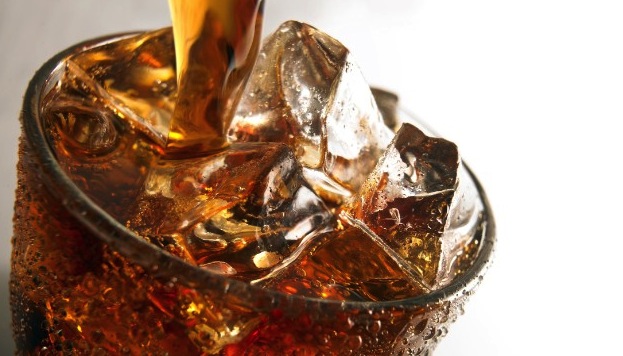
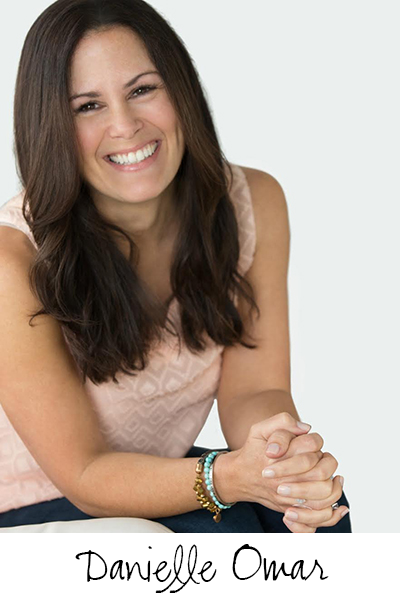 Staying on top of our bone health is important as we age, but not all calcium supplements are created equal. To help us understand how to properly include calcium in our diets, FabOverFifty recently sat down with Danielle Omar, integrative dietitian and healthy lifestyle coach. Danielle’s 21-day online program is structured to transform the way we eat after 50.
Staying on top of our bone health is important as we age, but not all calcium supplements are created equal. To help us understand how to properly include calcium in our diets, FabOverFifty recently sat down with Danielle Omar, integrative dietitian and healthy lifestyle coach. Danielle’s 21-day online program is structured to transform the way we eat after 50.


